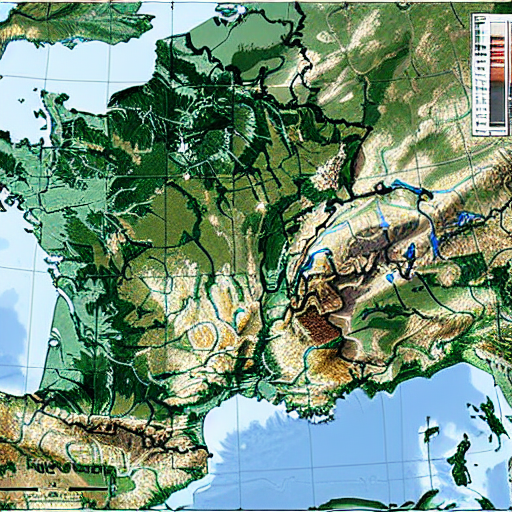A protectorate is a type of state or territory which is controlled by a foreign government. It is usually formed when a country under the jurisdiction of one nation grants the other certain rights and autonomy over the territory. For example, a country may grant the other nation protection from external aggression, a preferential trading system, or even a form of taxation exemption. In return, the host nation retains control over important aspects such as foreign affairs and defence.
Protectorate countries generally enjoy some degree of internal autonomy, but their external affairs are directed by the protecting power. This form of government was popular in the 19th and early 20th centuries and is still in use today. Examples of protectorate countries include British overseas territories, French protectorates in Africa, and many former Spanish American colonies.
The purpose of a protectorate is to protect a nation’s interests while still maintaining some autonomy. For example, Britain often used protectorates to extend its protection over states within its imperial territories, while France did the same in Africa. In these cases, the protectorate would be responsible for defending that state against any potential aggression from outside forces, while also allowing it to maintain its own internal government. On the other hand, protectorates could also be formed to benefit a dominant state financially, as in the case of certain Spanish American countries.
Though protectorates have become less common in the modern era, they are still used on occasion to ensure the security of a state or to provide economic benefits to a foreign power. In any case, protectorates are highly contested and must be carefully negotiated in order to ensure that both parties benefit from the arrangement.
